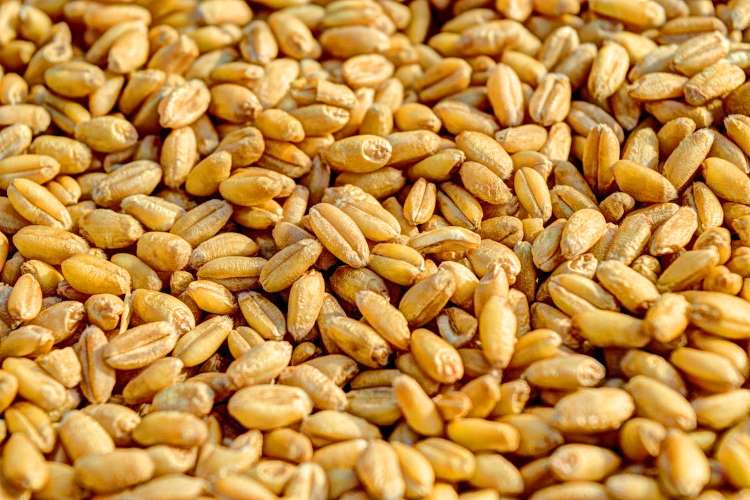
Wheat exports: Last week, Russia re-entered an agreement allowing the shipment of Ukrainian grain through the Black Sea, easing uncertainty over the deal which is central to preventing famine in several parts of the world. Wheat is staple across the globe and the probability that Russia could pull out of the deal had sent the prices of the cereal through the roof. Russia’s decision to re-join the deal has calmed the markets. Nonetheless, the future of the deal hangs in balance as Moscow has warned that it could quit again.
Russian President Vladimir Putin said that Moscow reserves the right to withdraw from the grain agreements if Ukraine breaks its promise not to use the humanitarian corridor for military purposes. Earlier, Russia had suspended its part of the deal amid a monthslong war, leaving remaining partners to take their chances. Last week, Ukraine said that a dozen ships sailed from its port while more than 200 vessels are loaded and ready to travel. Russia had quit after an attack on Russian warships in the Black Sea port of Sevastopol.
READ | Fertiliser subsidies need deeper reforms, better targeting
Wheat exports affected by war
Ukraine and Russia are key global suppliers of wheat, barley, and sunflower oil to various countries and any obstruction of the shipments means food related chaos in countries in Africa, West Asia, and parts of Asia. African countries such as Ethiopia, Somalia and Kenya are currently badly affected by the region’s worst drought in decades, affecting food grain availability.
Things are equally unstable in India where heat waves sent prices 30% higher and exports could rise 3-5%.
Russia’s participation in the grain deal is essential for keeping a global food shortage from getting worse. Russia’s decision weighs heavily on a world increasingly worried about food security and high food prices. The deal, which was brokered by the United Nations and Turkey, allows more than 9 million tonnes of grain in 397 ships to safely leave Ukrainian ports.
This not only meant a cooling off of global food prices by about 15% from their peak in March, but has also helped in de-escalating hunger crises in several countries. The importance of the deal is evident from the fact that when Russia had earlier announced leaving the deal, wheat futures jumped more than 5% in Chicago, while key oil futures prices rose in Asian markets. Poorer countries are more vulnerable to such risks as prices will rise and these nations will have to pay more to import grain, analysts said.
The US and Europe had earlier accused Russia of depriving vulnerable countries of foodgrain by denying exports. This was before the grain deal was brokered. However, Vladimir Putin had counterattacked by saying that most of the exported grain was going to Europe instead of the world’s hungriest nations.
With Russian exports hanging by a thread, developing nations will need to look for alternatives which may translate into lighter pockets. There will be a hunt for new suppliers which may come at a great cost at a time when most economies are affected by inflation. Other countries such as Brazil and India may look to fill up the gap created by Ukraine which accounts for 10% of the global wheat exports.
Meanwhile, climatic concerns are also posing a big threat along with food shortage, inflation, supply chain issues and ongoing war, not to forget the ravages of the pandemic. Grain markets are focused on issues such as low water levels in the Mississippi River that slows the export of US farm products.
READ | COP27: Reparations, energy crisis to dominate climate change conference agenda
Also, African countries are facing food shortage due to droughts. The Horn of Africa has seen four failed rainy seasons, leaving millions of people hungry, and millions of livestock that are a critical source of food and wealth, dying. The latest setback in Ukrainian exports will intensify the weakening of food security systems, analysts said. All this translates into higher prices in East Africa, which are not expected to come down any soon.
Wheat supply has always been subject to political and ideological threats as it feeds a large number of people. This year saw disruptions in the supply of crude oil and wheat after Russia invaded Ukraine in February. Last year, Russia and Ukraine together supplied 27% of the global wheat exports. The war in Ukraine caused the price of the grain to explode to a new record peak.

